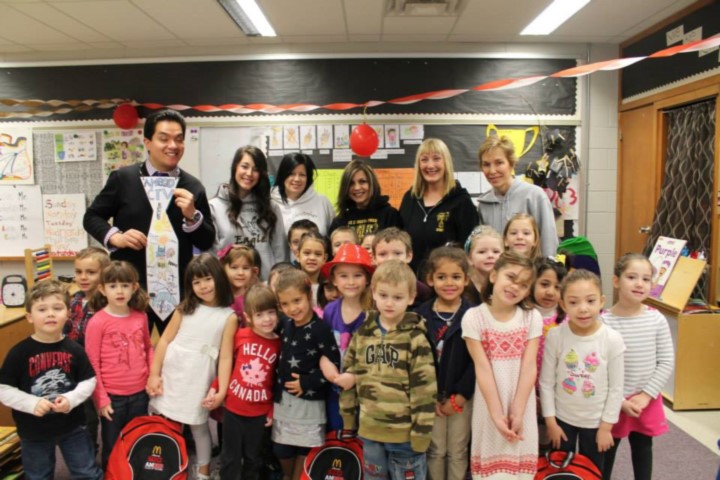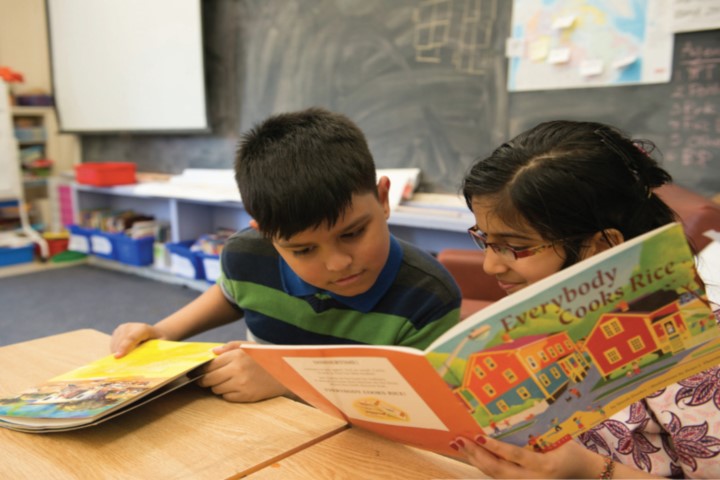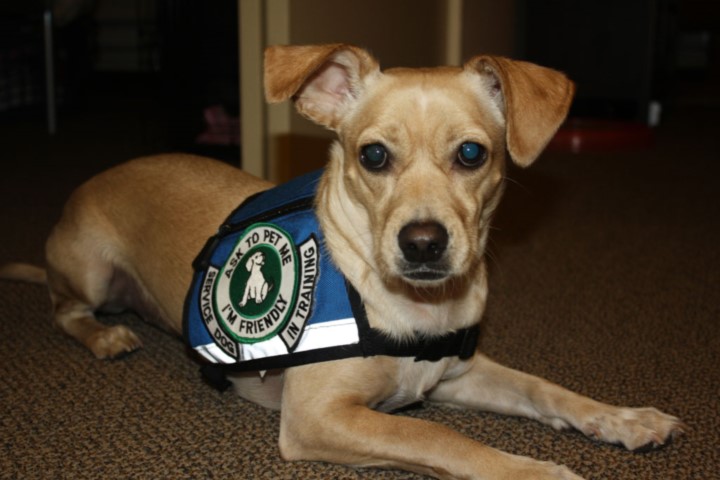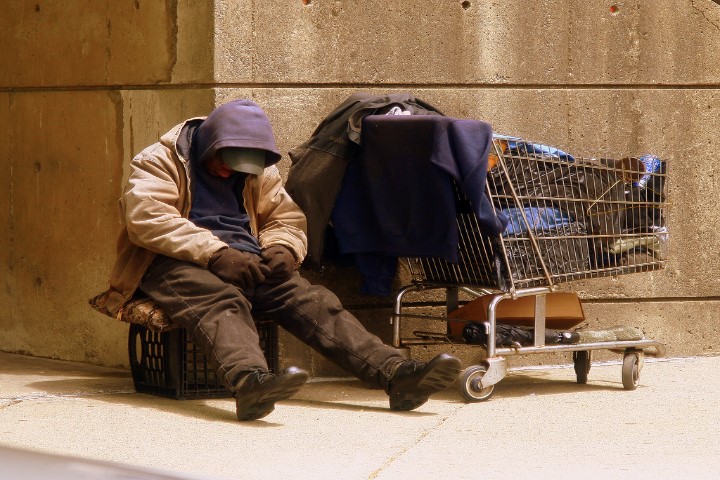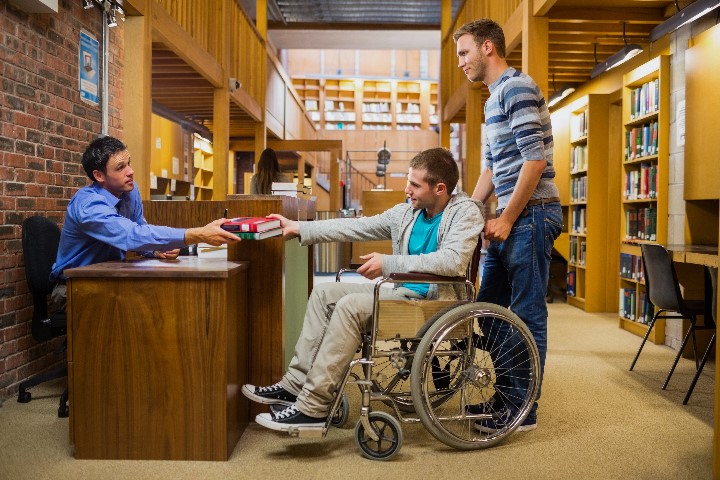The Windsor-Essex Catholic District School Board in Windsor, Ontario, Canada wants new students to feel welcome in school, especially those who come to Canada as refugees.
So when Catholic Central High School Principal Danielle Disjardins-Koloff proposed the idea of creating an Arabic-speaking “school-community ambassador” position to help connect families with schools and services, district officials were quickly on board, CBC reports.
“What we’ve found is that a number of families are not really aware about the school in the school system and how it operates in the province of Ontario, so in creating this position, we are trying to really enlighten families about all of the opportunities in the educational system here in the province,” superintendent John Ulicny said.
Desjardins-Koloff said she’s identified language, transportation, and the lack of knowledge and comfort among caregivers as reasons many new students aren’t as engaged in school activities as their classmates.
“I’m hoping to build community,” she said. “I’m hoping to remove barriers …. So that parents can become more involved in their children’s educational careers and be more knowledgeable about decision they are making for their child’s futures and lives.”
Officials said the new ambassador will be required to speak Arabic, and will be responsible for communicating with parents of refugee students, hosting information nights and other community outreach.
Arabic is the most common language in Windsor behind English and French, according to the news site.
“We know that if the community is actively engaged, the parents are actively engaged, then student achievement results go up enormously,” Ulicny said.
Recent Catholic Central graduate Karla Alnajm told CBC she thinks the ambassador idea is a good one.
“Transitioning schools is hard for any kid, but speaking a whole different language was like – I was freaking out on the first day,” Alnajm said.
“I think that would be so helpful, especially that when I was here, I didn’t have that kind of help,” she said. “My parents had no clue what was going on in school the first two years. They’d ask me about stuff, I’d try to explain it, but they just wouldn’t get it.”
Researchers at the Institute for Advanced Studies in Culture strongly support an emphasis on creating a strong school culture. In the “Tragedy of Moral Education,” Institute founder James Davison Hunter points out that a student’s learning environment extends beyond school to their mental state, home life, and after school community.
“The form of character is one thing,” Hunter wrote, “but the substance of character always takes shape relative to the culture in which it is found.”
Improving school culture has a direct and positive impact on students’ character and other educational outcomes.
Educators working with marginalized students, such as refugees or those who don’t speak English, can find resources on “Flourishing From the Margins” from the Jubilee Centre for Character & Virtues.
The project offers research into thousands of young people in a wide variety of educational settings, as well as recommendations and teaching materials to help teachers develop character among their most vulnerable students.
